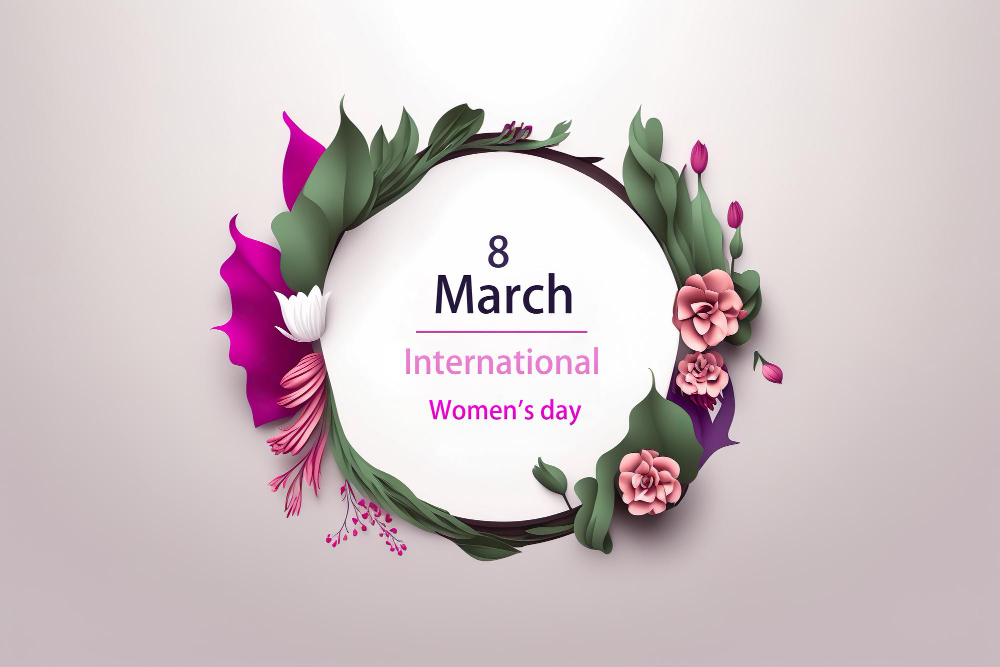Will March 8 ever be a nationwide public holiday in Germany?
International Women’s Day is a public holiday in only two German states, but Germany’s social welfare association, the VdK, is arguing that it should be recognised across the country.
VdK calls for International Women’s Day to be a nationwide holiday
Germany’s social welfare association, the VdK, is pushing for International Women’s Day on March 8 to be a public holiday across all 16 German federal states, rather than just in Berlin and Mecklenburg-Vorpommern.
Speaking to the Funke Mediengruppe, Vdk President Verena Bentele said that adopting International Women’s Day as a nationwide public holiday would “bring more attention to the situation and women’s rights”.
“[Women] still earn less than men, work in low-wage jobs more often, have lower pensions as a consequence, are seldom in leadership positions and perform more unpaid care work in their private lives,” Bentele explained.
In Berlin, International Women’s Day, Frauenkampftag or Day of Feminist Struggle, has been a public holiday since 2019, and in Mecklenburg-Vorpommern only since 2023. In Saxony, the eastern state with the greatest gender pay gap, ver.di collected 28.000 signatures in 2023 to support a referendum on whether March 8 should be a state-wide public holiday, but did not reach the 40.000 that is required.
How much unpaid work do women in Germany do?
According to the Federal Statistical Office (Destatis), Germany’s gender pay gap sits at 18 percent, with the country recognising Equal Pay Day on March 6 - a date chosen to reflect how far into the new year a woman in Germany has to work in order to earn the same pay that a man earned in the previous year.
When it comes to unpaid care work, such as caring for older family members or children, cooking or cleaning, women in Germany carry out an average of nine more hours per week than men, according to figures from Destatis.

